why are my newborn kittens twitching
 Is It Okay For Newborn Kittens To Twitch In Their Sleep - newborn kittens
Is It Okay For Newborn Kittens To Twitch In Their Sleep - newborn kittensWhat can we find for you? Find the location closest to:What can we find for you? Find the location closest to:We are committed to keeping customers and staff safe during COVID-19 with processes of admission and departure NEW. Increase Kittens By Krista Williams, BSc, DVM; Ernest Ward, DVM Health, Wellness, Pet Services The increase in kittens can be an extremely rewarding experience or can produce deep disappointment. The following information should help increase your chances of success by caring for young kittens. Do I need to help care for newborn kittens? If the delivery was not accidental, the queen, or the mother cat, will spend most of her time with her kittens during the first days after birth. During the first month of life, kittens require very little care from the owner because their mother will feed and care for them. In fact, in most cases, the owner of the pet should not interfere with the care of the queen. Within a few hours of birth, it is extremely important that kittens receive collostrum, or the first milk, which is rich in antibodies and helps protect newborns from infection. Kittens should stay warm and nurse frequently; you should check them every few hours to make sure they are hot and well fed. You should also check the mother to make sure she is producing proper and normal milk. "In most cases, the owner of the pet should not interfere with the care of the queen. "If the mother doesn't stay in the box, you should make sure the kittens stay warm. Kittens cannot control their own body temperature, and rely on the external environment to keep them warm. Additional heat may be required. During the first four days of life, the box of newborns should be kept at 89° to 93°F (32° to 34°C). The temperature can gradually decrease to 80°F (26.7°C) for the seventh to tenth day and to 75°F (24°C) for the end of the fourth week. If the litre is large, the temperature doesn't need to be so high because they hug together and their body heat provides additional heat. If the mother feels that the kittens are in danger or if there is a lot of light, she may be anxious. Placing a sheet or cloth on top of the box to hide much of the light can solve the problem. A closed box is also a solution. Some cats, especially first-time mothers, are more anxious than others, and can try to hide their young. You can continuously move the kittens from place to place, which can put them in danger if they are placed in a cold or erased place. If your cat shows this behavior, you should cage it in an isolated area. What are the signs that kittens are not doing well and what do I do? Kittens should eat or sleep 90% of the time during the first two weeks of life. If you are crying during or after eating, you may indicate that you are sick, are not receiving proper milk, or the milk has been infected (mastitis). If excess crying occurs, your veterinarian should examine the queen and all your litter as soon as possible. "Goat milk is not recommended as it is too low in proteins and fats. "When the mother's supply of milk is insufficient, it is recommended that the supplemental diet be made from one to six times a day; this should also be done routinely with any literary exceeding five kittens. There are several excellent commercial milk substitutes available. No more preparation than warming. These milk substitutes should be warmed at 95° to 100°F (35° to 37.8°C) before feeding. Test the temperature in the forearm: it should be approximately the same temperature as the skin. Commercial products have food directions based on their nutritional components. If kittens continue to breastfeed from their mother, feed a third to half the recommended amount. Complementary feeding is needed until kittens are old enough to eat kitten foods, usually about two to four weeks old. Goat milk is not recommended as it is too low in proteins and fats. If milk gets infected, kittens will cry too. If this happens, all the trash could die in twenty-four to forty-eight hours. The total replacement feeding, using the above products, or raising the kittens in another nursing mother is generally necessary. If replacement feeding is chosen, the quantities listed in the product must be fed. Kittens under two weeks require feeding every two to four hours. Kittens of two to four weeks of age need food every four to six hours. The weaning, as described below, should begin at three to four weeks of age. In an emergency, you can replace pasteurized goat milk from the grocery store for the milk substitute. However, it is not nutritionally suitable for kittens and the milk substitute kitten should be provided as soon as possible. What should I expect during the first weeks of life of kittens? Kittens are born with their eyes closed. Most kittens will begin to open their eyes within seven to fourteen days of birth. If you notice swelling, lumping or downloading under the eyelids, your eyes should be opened manually. Ideally, you should take the kittens to your veterinarian, which will determine if this procedure is required. If this is not possible, you can use a wet cotton ball with warm water to apply soft pressure to the eyelids and open them. If the inflammation is due to the infection, you will see pus; in this case, a veterinarian should examine the kittens immediately. If the eyes have not opened within fourteen days of age, kittens should be examined by a veterinarian. Kittens should be observed by their growth rate. They should double their weight at birth in a week. You must perform daily weekly weighing routine to ensure that kittens grow normally. Weight failure may indicate a problem and the need for veterinary care. At two weeks of age, kittens should be alert and try to stand up. At three weeks, they usually try to get out of their box. At four weeks, all kittens should be able to walk, run and play. Kittens should start eating solid foods of about 3 1/2 to 4 1/2 weeks old. Initially, make gruel mixing milk substitute with a small amount of kitten food; place this mixture in a flat saucer. The nose of kittens should be carefully covered in the mixture two or three times a day until they start round; this usually takes one to three days. The amount of extra milk or humidity replacement should be reduced daily until they are eating canned or dry foods with little or no added humidity (usually for four to six weeks of age). I've heard of milk fever. What exactly is it? Eclampsia or dairy fever is caused by calcium depletion circulating in the queen's bloodstream and is due to heavy milk production. It usually happens when kittens are between three and five weeks old (only before weaning) and more often than large-liter mothers. The first signs include restlessness, rashes and loss of attention to your kittens. It can progress to tremors, muscle spasms and collapse. This condition can be fatal in thirty to sixty minutes, so your cat needs to see your veterinarian immediately. Rapid treatment with intravenous calcium will reverse the condition. If the queen develops milk fever, her kittens should be weaned as soon as possible. Do weaning kittens need a special diet? The diet is extremely important for a growing kitten. Many commercial foods have been specially formulated to meet the unique nutritional requirements of kittens, and should be fed up to 12 months of age. Kitten foods are available in dry and canned formulations. "The food for adult cats does not provide the necessary nutrition for a kitten. "It is recommended that you buy a kitten diet that has passed through feeding tests for growth and development. Food for adult cats does not provide the necessary nutrition for a kitten. Ads tend to promote taste, color and form instead of nutrition, so it is important not to be influenced by these ads. It is recommended that only AAFCO certification (American Association of Food Control Officers) be purchased. This information is usually very easily seen on the food label. AAFCO is an organization that oversees the entire pet food industry. It does not support any particular food, but indicates whether food has met the minimum requirements for nutrition, which are set by industry. Most pet commercial foods have the AAFCO tag. You should never feed dog food to a cat, as it is deficient in nutrients essential for cats and does not contain enough protein to meet the requirements of kittens or adult cats. Table scraps should not feed a cat; although often more attractive than cat food, balanced and complete nutrition is generally compromised. If you want to feed your cat a home-prepared diet, it is vital for your cat's health to have the diet properly balanced by a veterinary nutritionist (see "Feeding Growing Kittens" brochure for more information). When should the vaccines begin? A healthy mother's kittens will have passive immunity to some feline diseases before and shortly after birth. Before birth, the mother's antibodies cross the placenta and enter the circulation of the kittens. Immediately after birth, the mother produces colostrum, or first milk, which is also rich in maternal antibodies. These maternal antibodies protect kittens against the diseases the mother is immune to. This explains why it is often recommended to increase the vaccines of the mother a few months before the breeding. "Although maternal antibodies are very protective they last only a few weeks; after this time, kitten becomes susceptible to disease. "Although maternal antibodies are very protective they last only a few weeks; after this time, kitten becomes susceptible to disease. The kitten should receive its first vaccines of approximately six to eight weeks of age. In order to provide strong immunity, one to three boosters vaccines will be required to complete the series of kitten vaccines. Kittens should be vaccinated against feline panleucopenia, feline viral rhinotracheitis, calicivirus, feline leukemia (FeLV), rabies and possibly against chloramidophila felis. Your veterinarian will discuss the needs of your individual cat at the time of the first visit for vaccines. Specific vaccines and the frequency of vaccination will be based on the lifestyle of your cat and its potential risk of getting infection. Maternal antibodies are transmitted in breast milk only during the first to three days after delivery. If, for any reason, kittens do not get sick during this important period, their vaccines should start about four weeks of age or before if the risk of disease exposure is very high. Your veterinarian will make specific recommendations for each particular situation. All kittens have worms? The intestinal parasites or worms are very common in kittens. Symptoms of intestinal parasites usually include poor conditions, mild or bloody chronic feces, poor appetite, a potter's appearance, shiny loss to the coat and weight loss. Some parasites are transmitted from the mother to her offspring either in utero (while in the uterus) or through her milk, while others are carried by fleas or other insects. The eggs and larvae forms of some parasites are transmitted through the feces of an infected cat." The intestinal parasites or worms are very common in kittens. "Very few of these parasites are visible on the stool. However, a microscopic examination of the kitten feces will reveal the eggs of most of these parasites. The feces are usually examined for intestinal parasites at the time of the first vaccines. However, a fecal analysis can be performed from two to three weeks of age if an intestinal parasite problem is suspected. The treatment is based on the type of parasites found although some veterinarians choose to treat all kittens in the assumption that they will have worms. From time to time, a fecal test will be falsely negative, due to the low amount of parasite eggs spilled in the feces of a young kitten. The Animal Parasite Companion Council recommends spray kits for donuts and donuts every 2 weeks from 2 weeks of age. Another treatment may be needed based on the results of a fecal exam. See your veterinarian for specific recommendations for your kitten. You should not administer any compound of free sale spray or herbal rosemary without first checking your veterinary hospital. Collaborators: Krista Williams, BSc, DVM; Ernest Ward, DVM Find a VCALocalization and Miedo Prevention in KittensSocialization is the process during which the kitten develops relationships with other living beings in its environment. Behavior Management - Pet Selection GuidelinesSee guidance before getting a new pet can prevent many behavioral and health problems in pets. Such query will help you select the best pet for the home, but will also provide information on how to prepare in advance for the new arrival. Pregnancy and Parturition in catsThe full-term pregnancy in cats usually ranges between 63 and 65 days during which time energy requirements increase to 1.5 times normal. The work takes place in 3 stages: 1) nesting behavior and search for comfort are seen, and the cat can stop eating within 24 hours of birth; 2) active work stage where you can see contractions, and kittens are produced. Kittens are usually born within 1 hour of each; however, there are concerns if an active inproductive tension is observed for more than 20 minutes; and 3) fetal membranes are passed after the delivery of each kitten. If a kitten is not sensitive, attempts can be made to suck the back of your mouth to remove as many fluids as possible while scrubbing your body vigorously to stimulate breathing and apply soft air cuffs in your mouth. Kittens should stay warm after birth and the mother should be carefully watched for any signs of disease. Mars Inc affiliate. 2021 Silence© Copyright VCA Hospitals all rights reserved.

Is It Okay For Newborn Kittens To Twitch In Their Sleep - newborn kittens
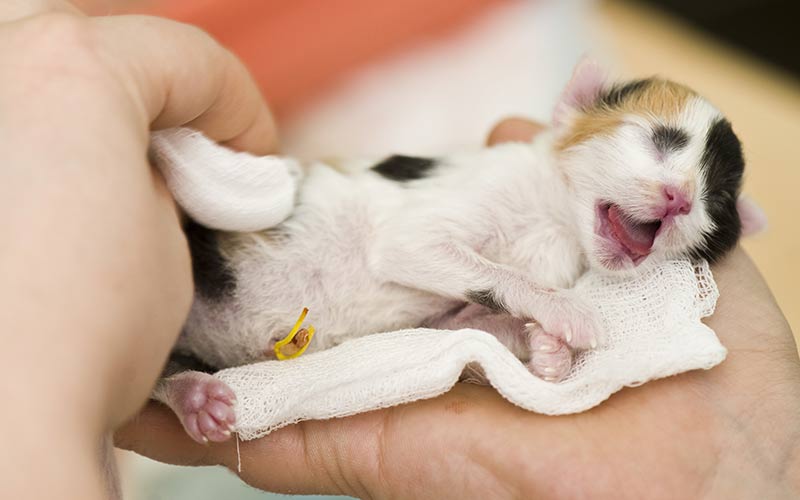
Newborn Kittens - A Complete Guide To Their Care And Development
/post-natal-cat-care-555416_V3-de29216d84b04323bad29f898a976578.png)
Post-Natal Care of a Cat and Her Newborn Kittens

Is It Okay For Newborn Kittens To Twitch In Their Sleep - newborn kittens
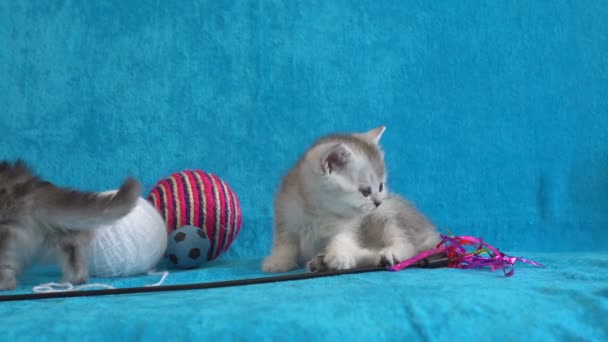
Is It Okay For Newborn Kittens To Twitch In Their Sleep - newborn kittens
:max_bytes(150000):strip_icc()/172821696-56a111da3df78cafdaa91877.jpg)
Is It Okay For Newborn Kittens To Twitch In Their Sleep - newborn kittens
/germany-newborn-kittens-sleeping-on-blanket-close-up-140882478-57d961f43df78c583396727b.jpg)
Kitten Development from Newborn to One Week

Why does my kitten twitch? - Quora
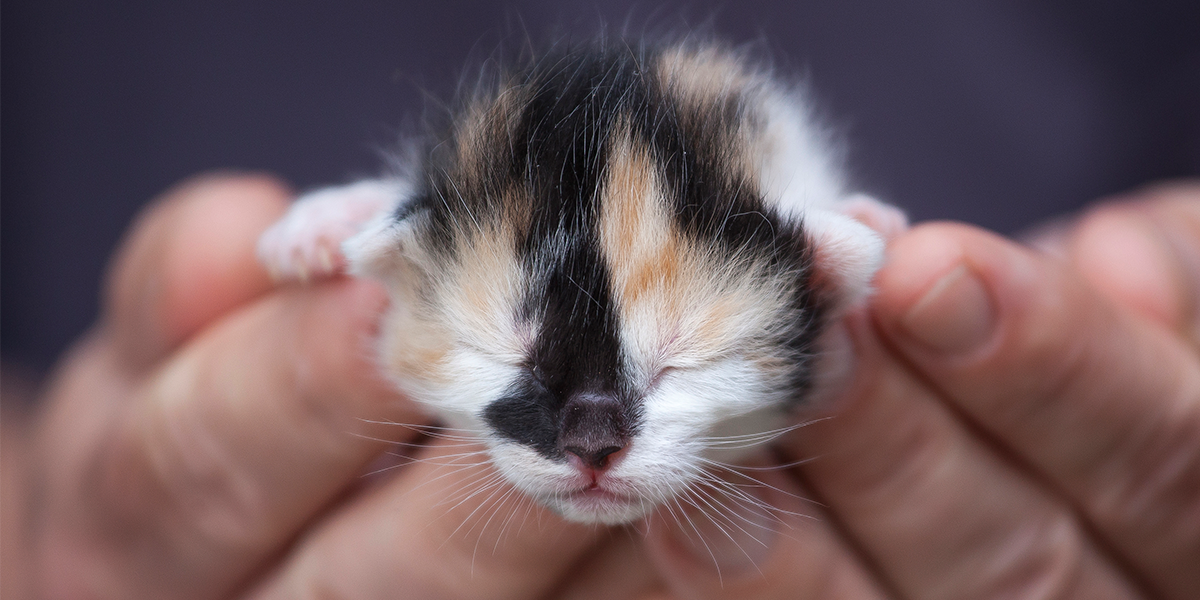
Kitten deaths (Fading Kittens) | International Cat Care
Newborn Kitten Care | Ask The Cat Doctor
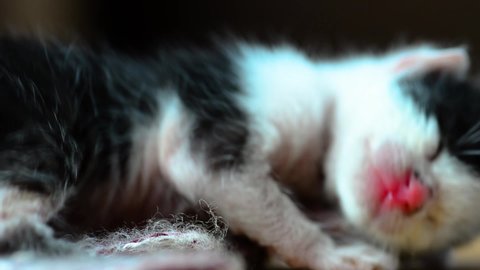
Is It Okay For Newborn Kittens To Twitch In Their Sleep - newborn kittens
:max_bytes(150000):strip_icc()/GettyImages-669104280-59b45181b501e80014af40bc.jpg)
Is It Okay For Newborn Kittens To Twitch In Their Sleep - newborn kittens
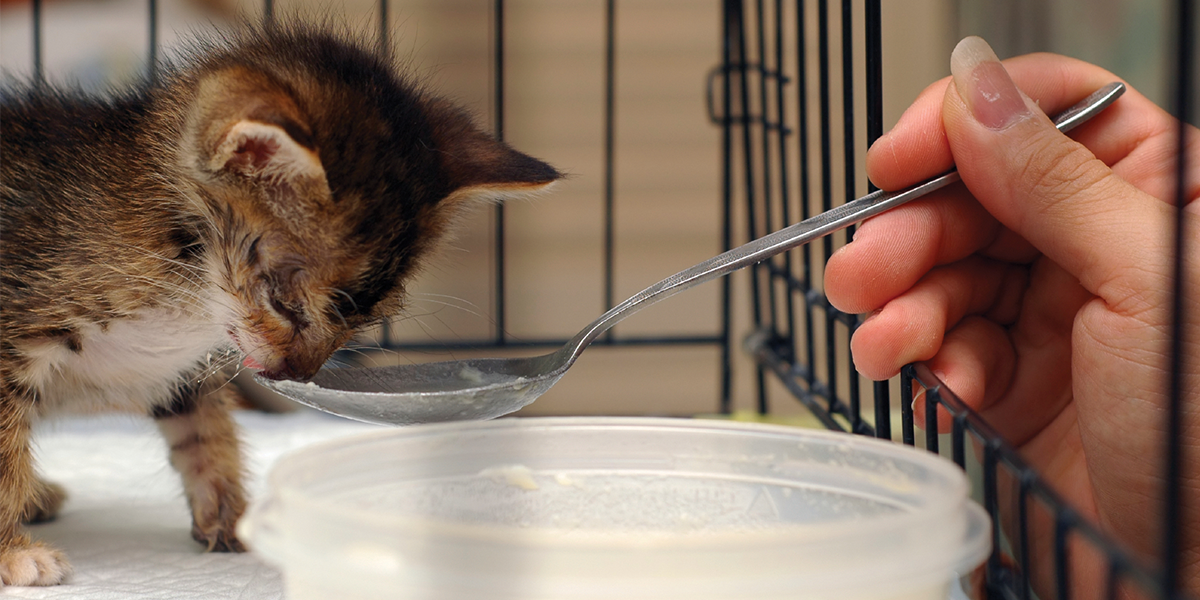
Hand-rearing kittens | International Cat Care
/Kitten-GettyImages-535429254-58fae68d5f9b581d59a1466e.jpg)
How to Treat Fading Kitten Syndrome
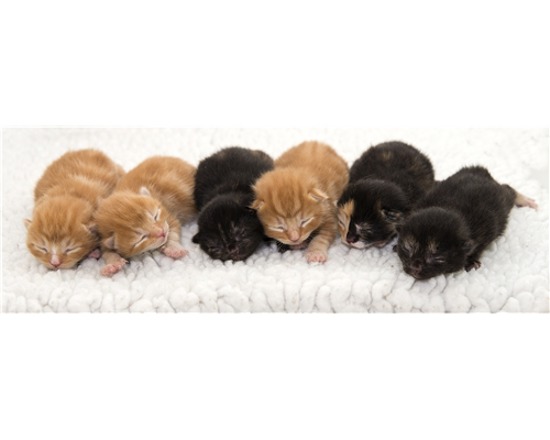
After birth | Advice on cat birthing and kittens | Cats Protection
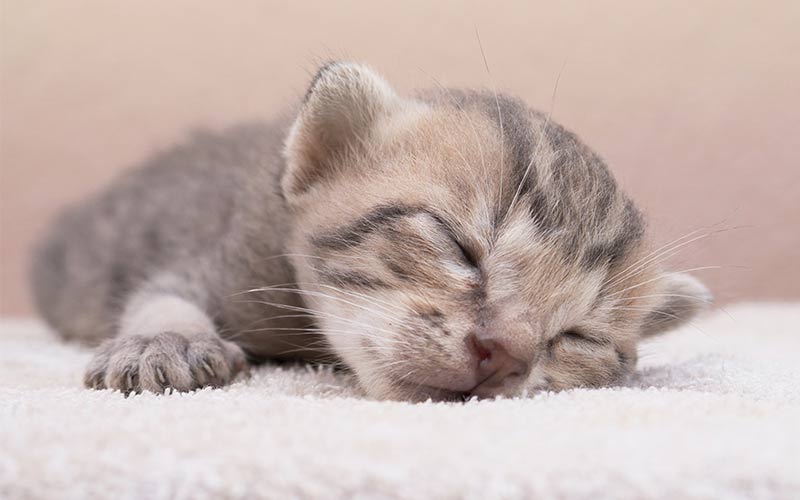
Newborn Kittens - A Complete Guide To Their Care And Development
How will a cat react if I touch its kittens? - Quora
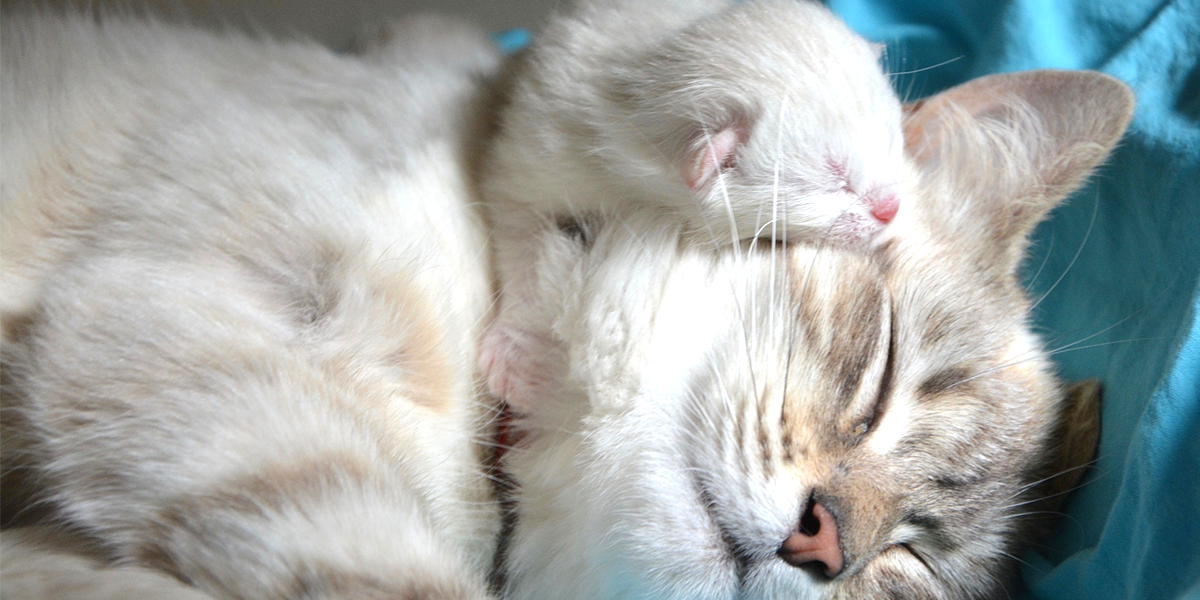
Difficult cat birth: when to wait and when to worry | International Cat Care
/kitten-looking-at-camera-521981437-57d840213df78c583374be3b.jpg)
Your Kitten's Development During the First Six Weeks
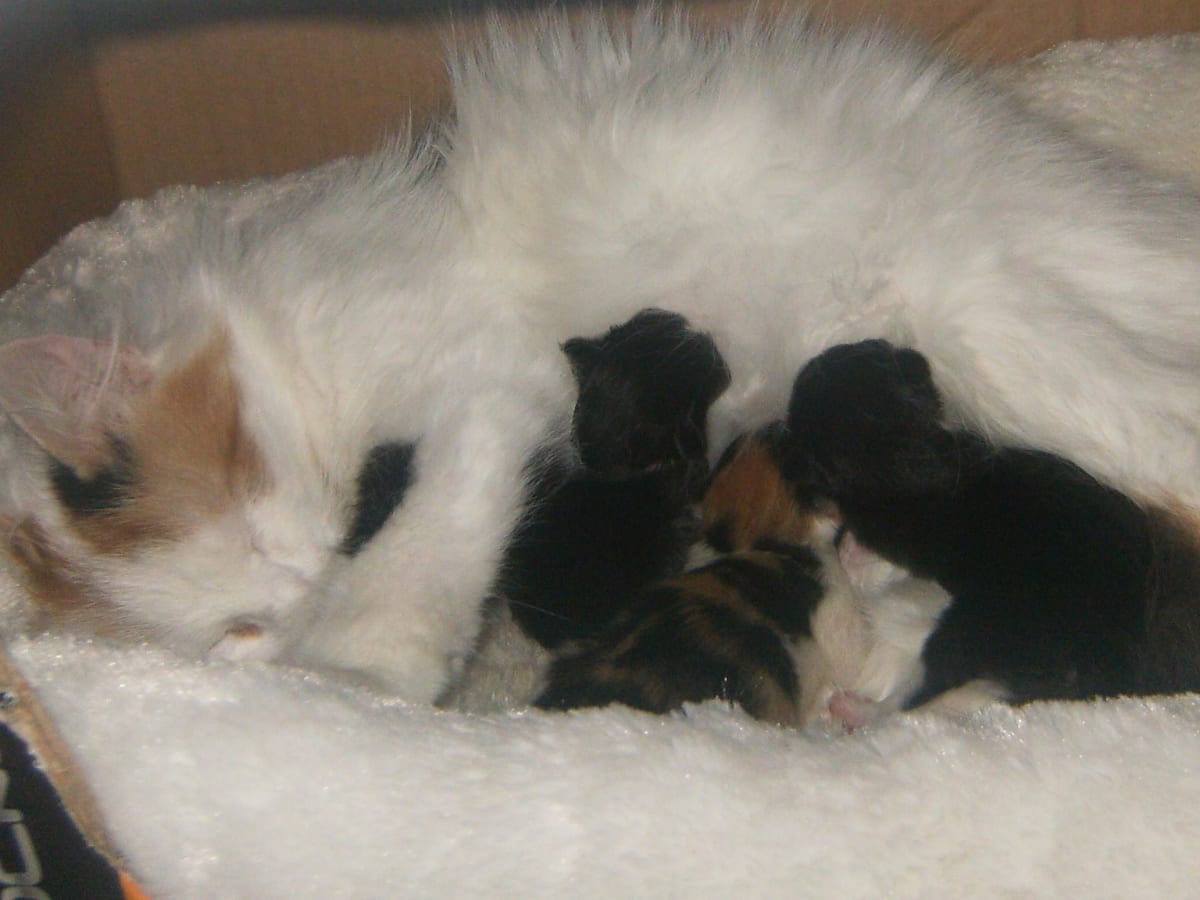
Newborn Kittens: What You Need to Know - PetHelpful - By fellow animal lovers and experts
Orphaned Kittens - ALLEY CAT RESCUE
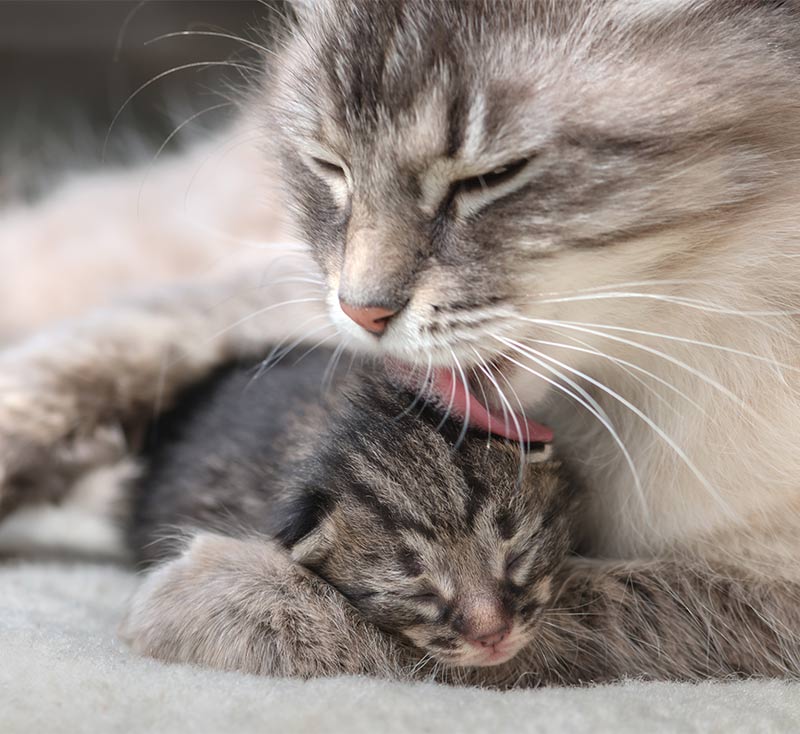
Is It Okay For Newborn Kittens To Twitch In Their Sleep - newborn kittens

Newborn Kitten Care | Ask The Cat Doctor

Newborn kittens cry when mom is away - YouTube
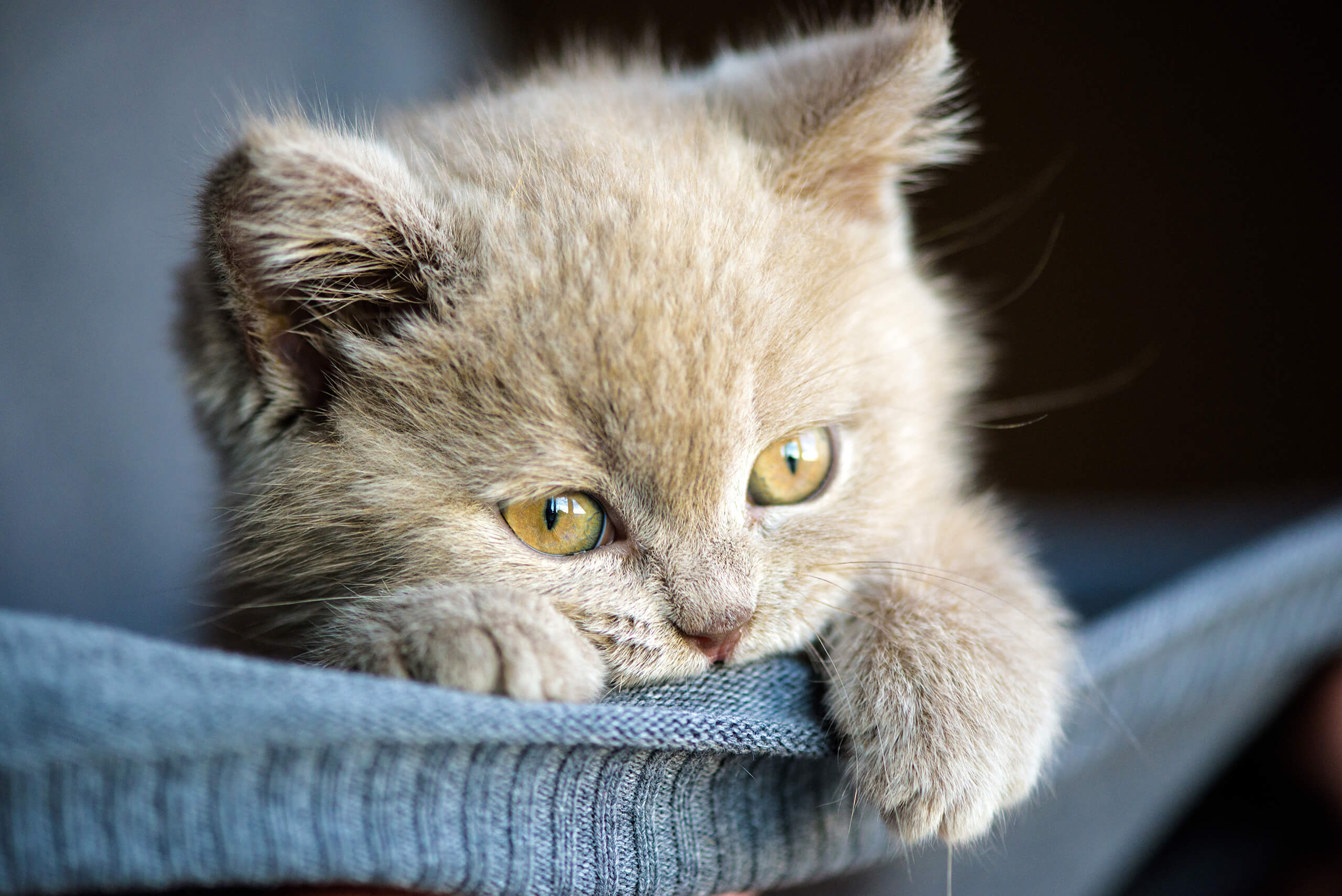
Kittens: What you should know about getting and raising one | Cat's Best

Our 15 Favorite Facts About Kittens | BASEPAWS Kittens
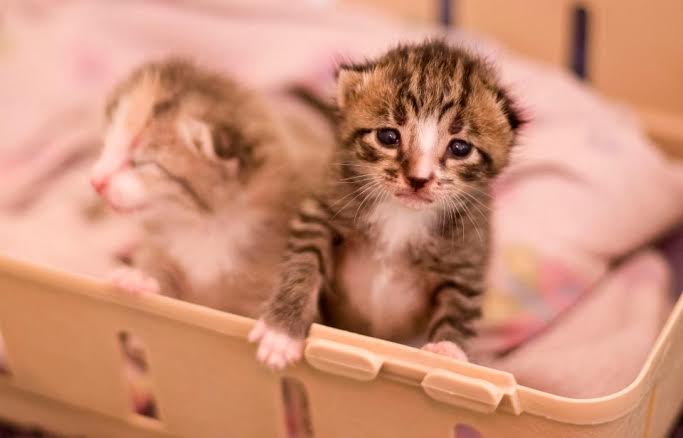
10 Crucial Steps to take to Save an Abandoned Newborn Kitten
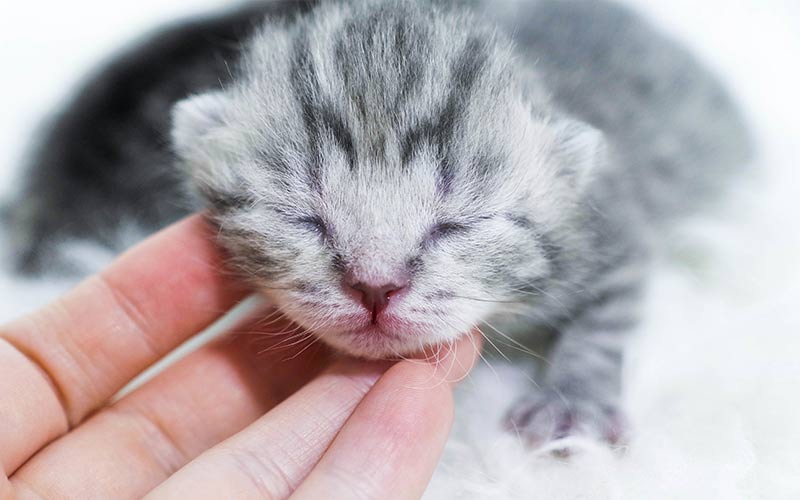
Newborn Kittens - A Complete Guide To Their Care And Development
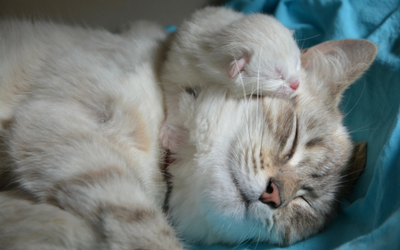
Raising Kittens | VCA Animal Hospital

9 Fun Facts about Feline Sleep | The Honest Kitchen Blog
Kitten Care: The First Three Months | Cat Care of Vinings
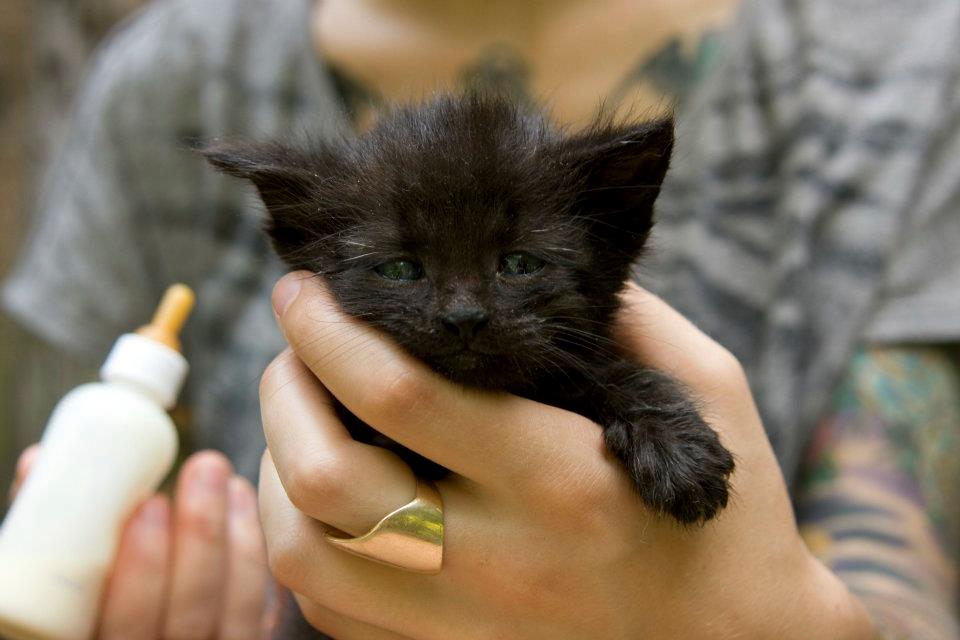
10 Crucial Steps to take to Save an Abandoned Newborn Kitten

How to Monitor Newborn Kitten Growth: 12 Steps (with Pictures)

Hand rearing kittens - PDSA

Understanding feline language | The Humane Society of the United States

Is It Okay For Newborn Kittens To Twitch In Their Sleep - newborn kittens

Raising Kittens | VCA Animal Hospital
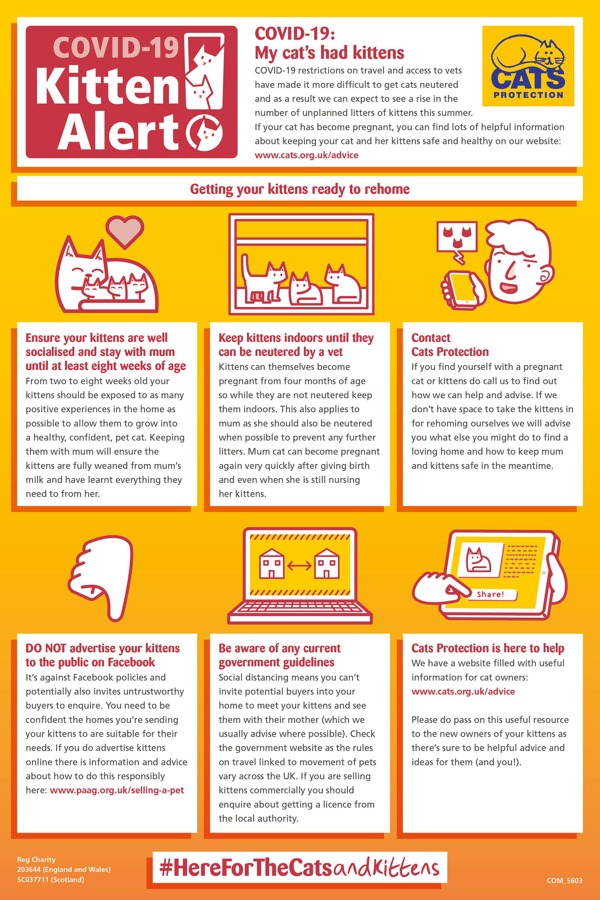
After birth | Advice on cat birthing and kittens | Cats Protection

What to Expect With Newborn Kittens | LoveToKnow
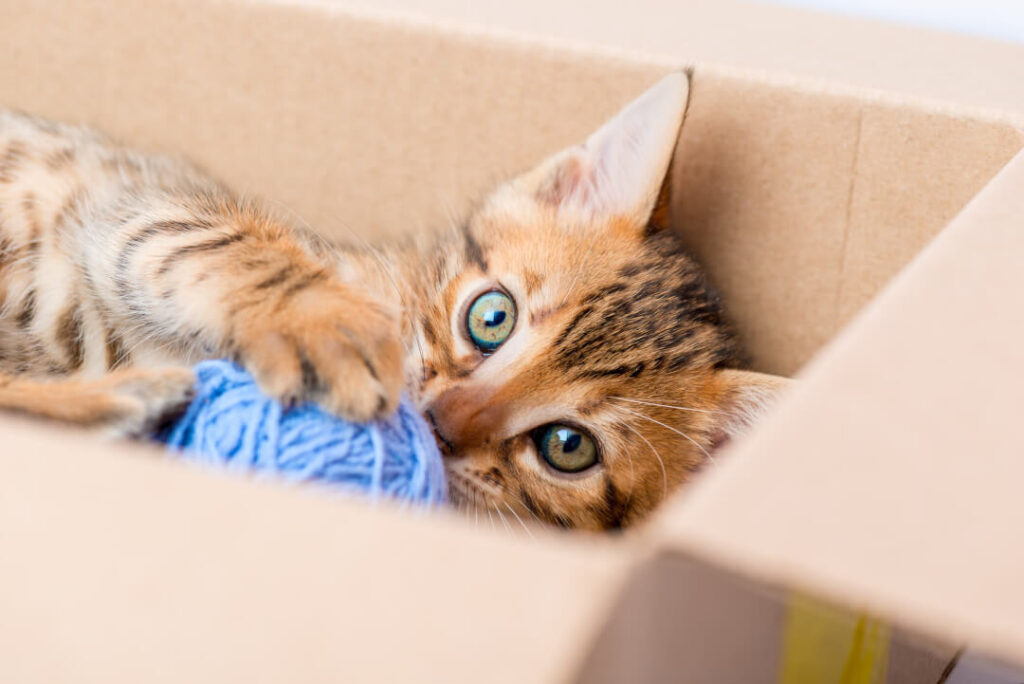
Kittens: What you should know about getting and raising one | Cat's Best
Posting Komentar untuk "why are my newborn kittens twitching"